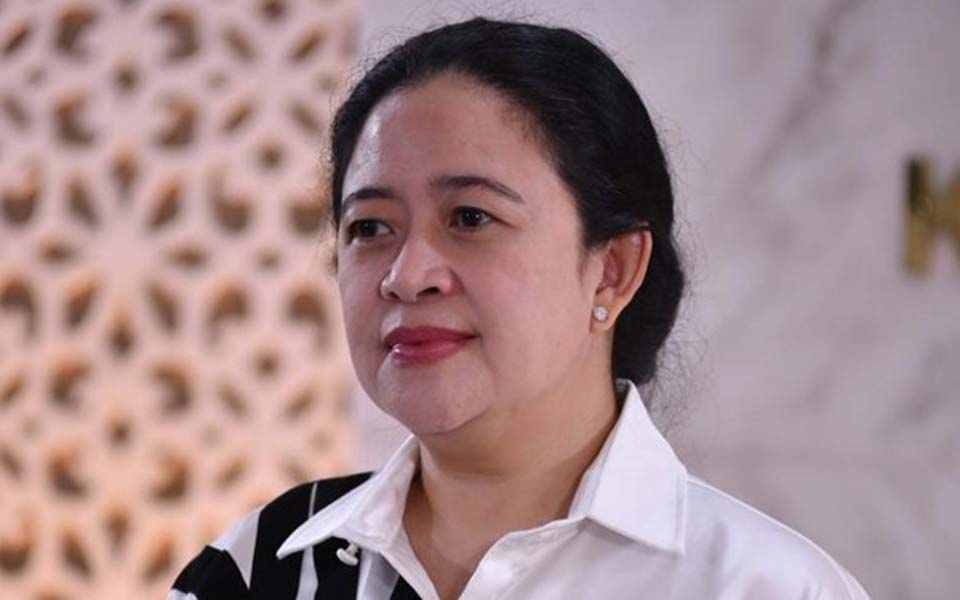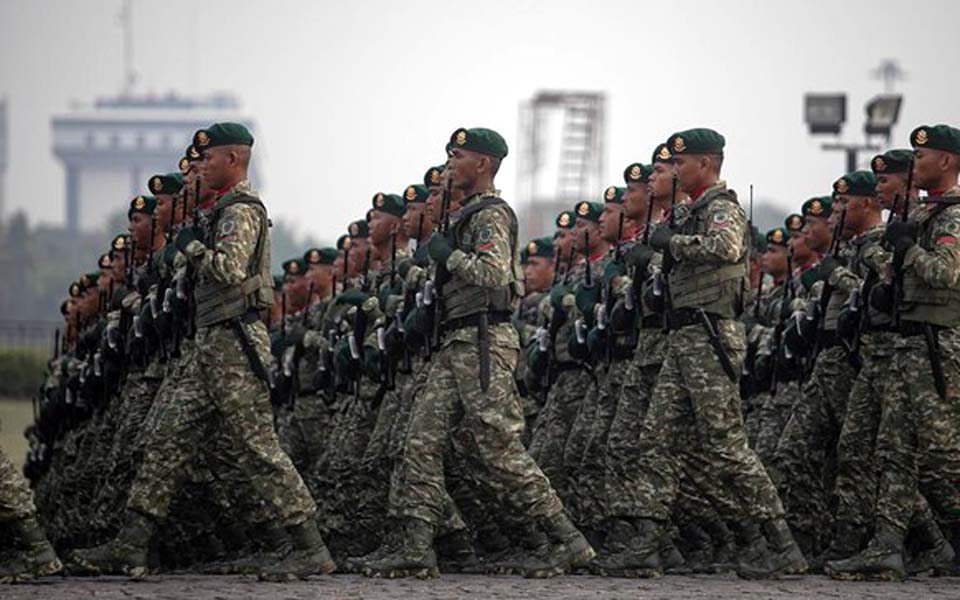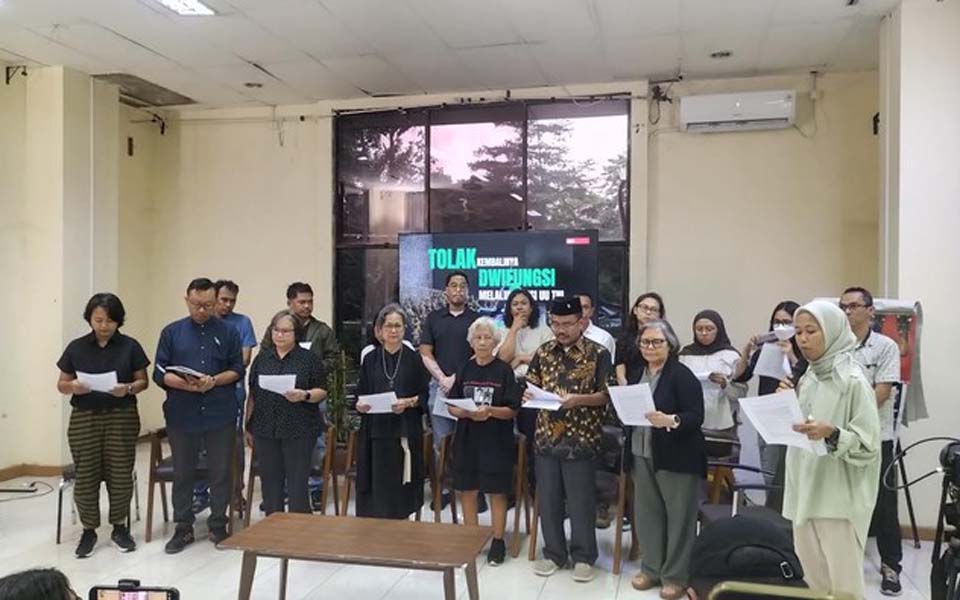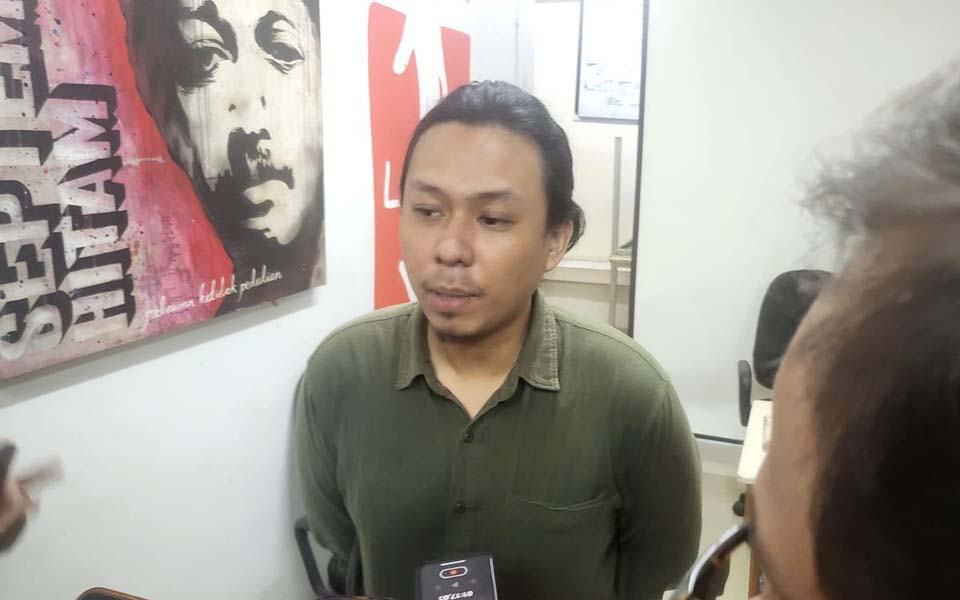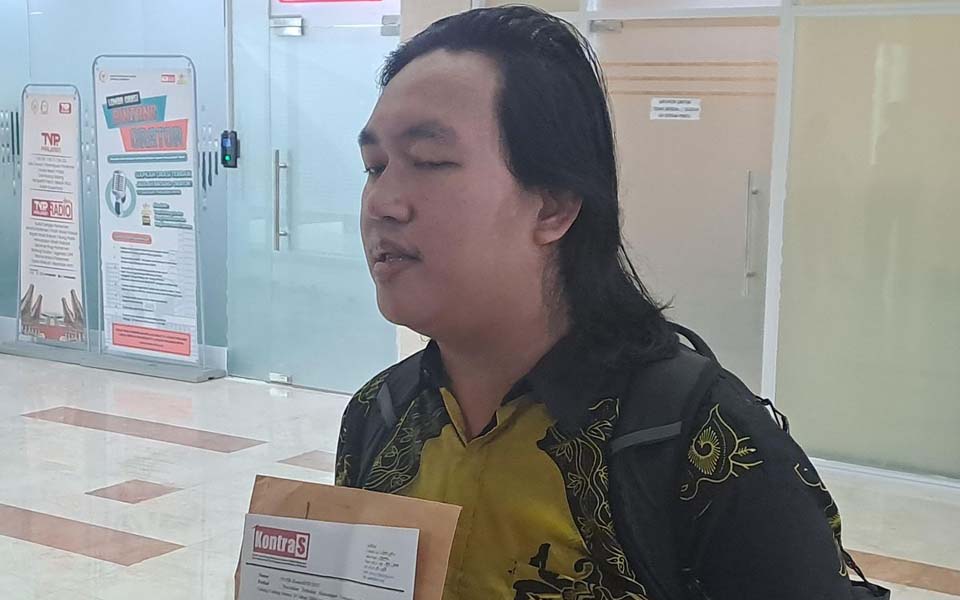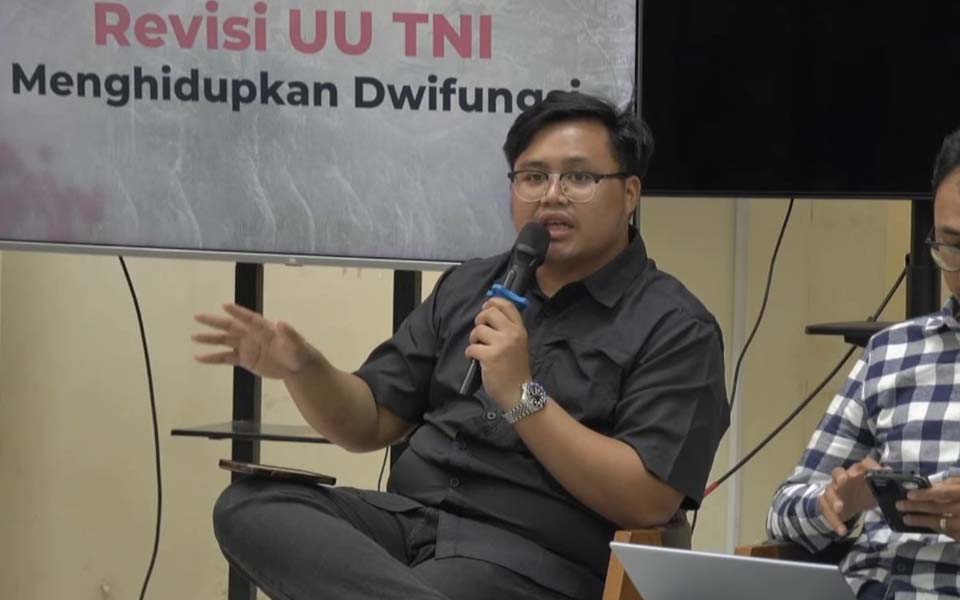Jakarta – There has been almost no meaningful progress in the functioning or political performance of the executive, legislative and judicial institutions in 2003, either at the national or local level. The tendency of politicians and officials to institutionalise vested private and group interests is more evident compared to a commitment to create a political system which is fair and democratic and maintaining clean government.
This was the conclusion drawn by] Indonesian Institute of Sciences (LIPI) researcher Ikrar Nusa Bhakti in a seminar titled 2003 End of Year Reflections held by LIPI’s Department of Social and Humanitarian Sciences in Jakarta on Monday December 22.
As a result of this tendency, the deliberations on [recently promulgated] political laws (the laws on the elections, political parties, the election of the president and the composition of parliament) which represent the basis for the organisation of the 2004 general elections have been tainted by the politics of factionalism and “horse trading” by the political parties. The process has tended to be manipulative and maintain a political system which is authoritarian, corrupt, elitist and anti-democratic.
Corruption and money politics are becoming more widespread and systematic. The irony is that there has been almost no serious effort by the executive, legislative and judicial institutions to protect the state and the nation from ruin as a consequence of this corruption. Although a law on the eradication of corruption has been promulgated and an anti-corruption body formed (KPK, Komisi Pemberantasan Korupsi, Commission for the Eradication of Corruption) in reality there has been no serious political commitment from the government and the People’s Consultative Assembly to truly eradicate corruption. Instead of eradicating corruption and money politics, it is precisely those parties which are to participate in the 2004 elections which are institutionalising “the tradition of corruption” through the mechanism for nominating legislative members where the principal prerequisite is the ability of legislative candidates to “deposit” money. This not only neglects the quality of legislative candidates but also becomes a pretext for those who will be elected to get their “deposit” back through corruption.
No platform
In the midst of public disappointment as a result of the failure of the national leadership which was a product of the 1999 elections [to resolve the economic and political crisis], there is almost no platform being offered or alternative program being put forward by the existing presidential candidates. They are trapped in personal arrogance as “important figures” and as if they were just elected by the people because of their “greatness” and popularity. Once again the public is facing a fait accompli which will give a “blank cheque” to the presidential candidates because they have to elect candidates who do no more than “sell names”1 rather than put forward a clear political vision or program.
In the lead up to the 2004 elections, there has been almost no effort by the forces which support reform to improve cooperation and consolidation among themselves. Those who are considered to be reform figures are still caught up in their competing ambitions.
The 2004 elections will be a absolutely critical phase for the Indonesian nation because of the failure of a number of elements of the reform movement to tighten their ranks and consolidate themselves. Because of this, the 2004 election may represent the last hope for the reform movement if it does not want to fall back into the hands of the “accomplices” of the New Order [regime of former President Suharto]. (LOK)
Notes
1. A significant trend in the selection of legislative and presidential candidates, particularly by the larger political parties such as President Megawati Sukarnoputri’s Indonesian Democratic Party of Struggle (PDI-P) and former president Suharto’s state ruling party Golkar, has been to try to woo well know or popular political figures such as the highly respected Muslim scholar Nurcholish “Cak Nur” Madjid or Yogyakarta Sultan Hamengku Buwono X (Golkar). In other cases these parties have been nominating well known celebrities such as singer Franky Sahilatua or actors such as Rieke Dyah Pitaloka and Ayu Azhari (PDI-P) or Nurul Arifin (Golkar).
[Translated by James Balowski.]






